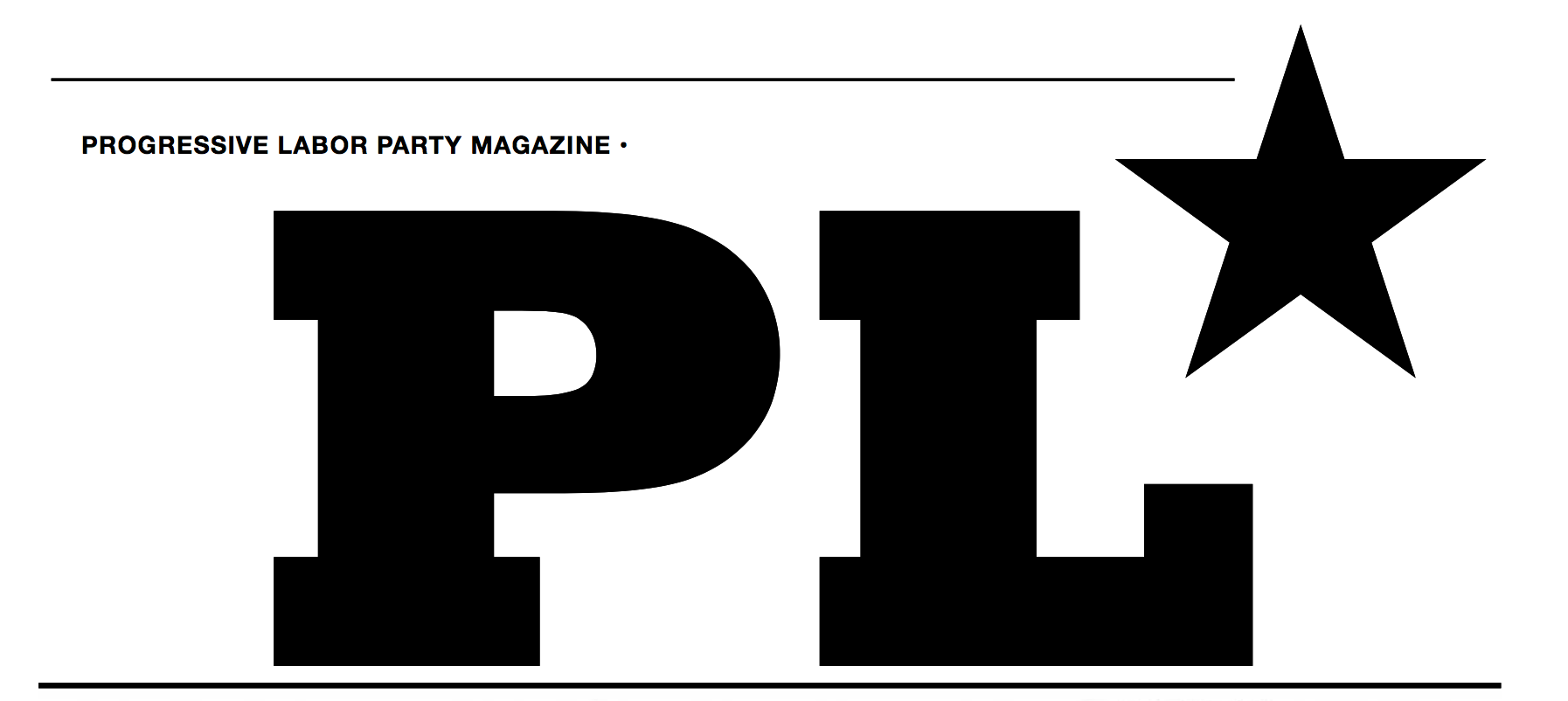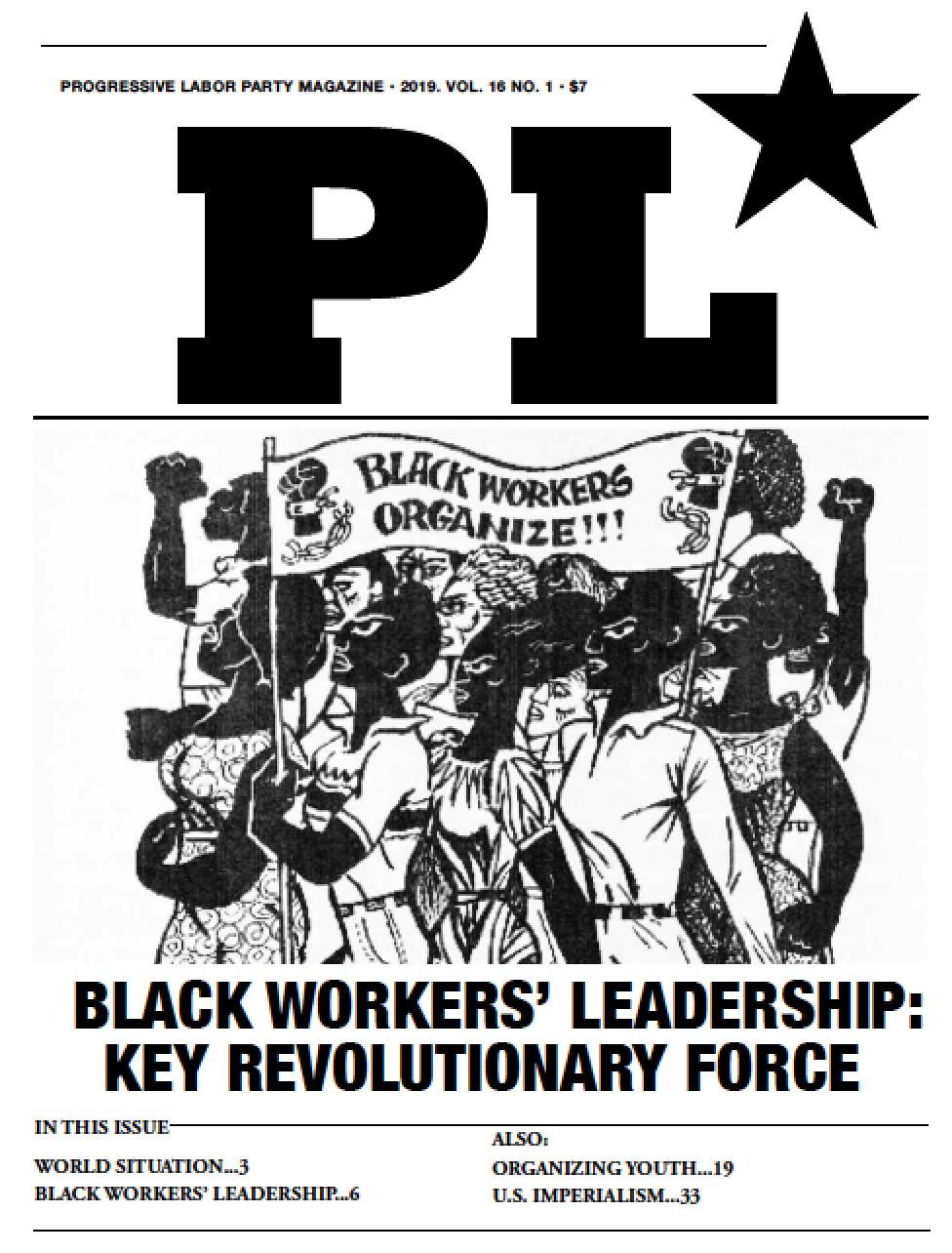CAMBODIA: Garment Workers on the Move
 Thursday, January 16, 2014 at 2:12PM
Thursday, January 16, 2014 at 2:12PM CAMBODIA, January 15 — Garment workers here have shut down more than 500 factories. On Friday, January 3, hundreds of workers blocked a road leading out of the capital city of Phnom Penh, burnt tires and refused to back down from the police. They are demanding doubling of the minimum wage to $160 a month.
More than half a million garment workers, mostly young women, are on strike here, where international retailers have flocked in search of cheaply produced clothing. Cambodian bosses export more than $5 billion of apparel a year, from which the workers receive a tiny fraction. The Cambodian minimum wage is only $80 a month, and working conditions are abysmal.
The International Labor Organization recently reported that garment factories routinely violate health and safety regulations, making the workplaces potential death traps. As one woman worker said: “The factories don’t care about us.They pay us so little, work us so hard and throw us away when we cannot work for a moment.”
Class struggle in China raised wages to the point where global retailers like Wal-Mart, Target, Gap, Nike and Carrefour in France now look to Cambodia to produce the clothing and shoes they sell. But wherever capitalism goes, class struggle — including strikes and militant demonstrations — follows in its wake. The number of strikes in Cambodia increased nearly 170 percent between 2010 and 2012, and garment workers have led scores of strikes this year.
Like capitalist governments everywhere, the Cambodian government of PM Hun Sen is completely on the side of the manufacturers and their international buyers. It is refusing to raise the minimum wage beyond $100 a month, which barely covers the cost of food and the rent for wooden shanties without running water or electricity, leaving nothing extra for emergencies (such as sickness) or enjoyment. The government has sent police with AK-47 rifles to brutally attack the demonstrators, killing four and wounding others.
There is currently a sharp political struggle in Cambodia between the Cambodian People’s Party (the governing party of Hun Sen, which should be called the “Rich People’s Party”) and the opposition National Rescue Party, led by Sam Rainsy. The latter party has led demonstrations of tens of thousands demanding that Hun Sen resign as Prime Minister and call new elections. The opposition is opportunistically using the mass uprising of garment workers to attract more people to its rallies by promising to raise wages, lower gasoline prices and provide free health care for the poor. However, as soon as it gets into power, the National Rescue Party will be taking orders from Cambodia’s wealthy class and the global companies and banks that do business with it. Its leader, Sam Rainsy worked for years as a French investment banker and today promises a “clean government” that will work on behalf of international investors, in contrast to the corruption-ridden government of Hun Sen.
The workers of Cambodia, like the workers of Bangladesh and Haiti, have discovered that their interests and the interests of their employers are diametrically opposed. Some of these exploited workers — like millions of workers before them — have undoubtedly begun to think about creating a society run by and for workers, without owners or government officials using force to suppress their just struggles.





 Progressive Labor Party (PLP) fights to destroy capitalism and the dictatorship of the capitalist class. We organize workers, soldiers and youth into a revolutionary movement for communism.
Progressive Labor Party (PLP) fights to destroy capitalism and the dictatorship of the capitalist class. We organize workers, soldiers and youth into a revolutionary movement for communism.




Reader Comments